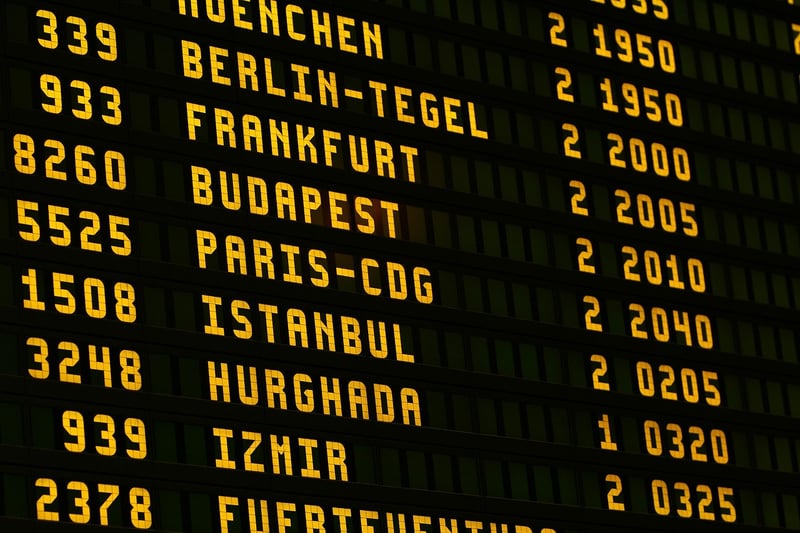Altering Timelines
The Moral Dilemmas of Time Travel and Altering Timelines
Time travel has long been a captivating concept in science fiction, allowing characters to journey through the past and future. However, with this ability comes a host of moral dilemmas and ethical considerations, especially when it involves altering timelines. Let's explore some of the key issues that arise when dealing with time travel.
1. The Butterfly Effect
One of the most well-known consequences of altering timelines is the butterfly effect. This concept suggests that even small changes in the past can have significant and unforeseen impacts on the present and future. By altering a single event, time travelers risk creating a chain reaction of events that could completely reshape history.

2. Ethical Responsibility
Time travelers face a crucial ethical responsibility when deciding whether to alter timelines. Should they intervene to prevent tragedies or injustices, knowing that their actions could have unintended consequences? Or should they adhere to the principle of non-interference and let events unfold naturally?
3. Grandfather Paradox
The grandfather paradox is a classic time travel conundrum that raises questions about causality. If a time traveler were to go back in time and prevent their grandfather from meeting their grandmother, thus preventing their own birth, would they cease to exist? This paradox highlights the complexities of altering timelines and the potential paradoxes that could arise.

4. Creating Alternate Realities
Another moral dilemma of time travel is the creation of alternate realities. By altering timelines, time travelers may inadvertently create parallel universes with their own set of consequences. This raises questions about the implications of playing "god" and the ethical considerations of manipulating reality.
5. Preserving the Integrity of History
Preserving the integrity of history is a crucial moral consideration when dealing with time travel. By altering key events, time travelers risk distorting the fabric of reality and erasing important lessons from the past. Maintaining the authenticity of historical events becomes paramount in navigating the ethical complexities of time travel.
Time travel offers endless possibilities for storytelling and exploration, but it also presents intricate moral dilemmas that challenge our understanding of cause and effect. As we continue to ponder the implications of altering timelines, one thing remains certain – the ethics of time travel will continue to fascinate and provoke thought for generations to come.
